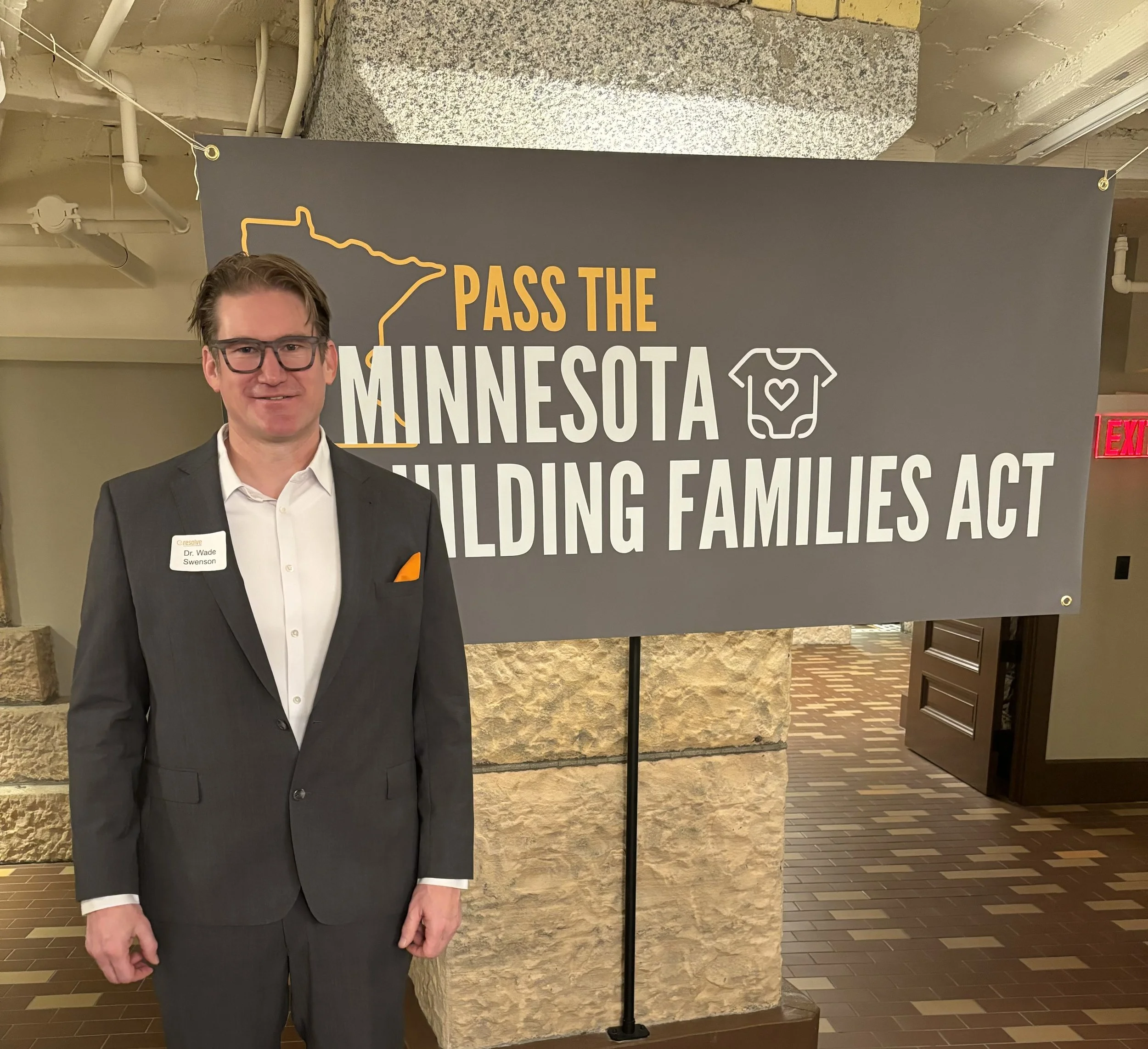
Photo: Wade Swenson, St Paul, Minnesota
Support for Communities
Advocating for rural cancer patients is vital because it influences healthcare policies, funding, and regulations. It allows stakeholders to push for increased resources and support for rural cancer care initiatives. By building relationships with legislators, raising awareness, and collaborating with other stakeholders, advocates can drive positive change and improve access to quality cancer care for rural residents.
Policy Influence: State governments play a significant role in shaping healthcare policies, funding allocations, and regulations. By advocating at the state capitol, stakeholders can directly influence policies that impact rural cancer patients, such as funding for rural healthcare infrastructure, insurance coverage, and access to cancer screening and treatment programs.
Resource Allocation: State budgets determine the allocation of resources for healthcare services, including those specifically targeting rural communities. Advocating at the state level allows stakeholders to advocate for increased funding for rural cancer care initiatives, such as the expansion of telemedicine services, support for rural hospitals, and the recruitment of healthcare providers in underserved areas.
Legislative Support: Building relationships with state legislators and policymakers can garner support for legislative initiatives aimed at addressing the unique challenges faced by rural cancer patients. Advocates can work with lawmakers to introduce bills, resolutions, or amendments that prioritize rural cancer care and improve access to services for rural residents.
Awareness and Education: Advocating at the state capitol provides an opportunity to raise awareness about the specific needs and challenges of rural cancer patients among policymakers, government officials, and the public. By sharing personal stories, data, and research, advocates can educate stakeholders about the importance of investing in rural cancer care and the potential impact of policy decisions on rural communities.
Coalition Building: Collaborating with other stakeholders, such as healthcare providers, advocacy organizations, and community leaders, strengthens advocacy efforts and amplifies the voices of rural cancer patients. Building coalitions at the state capitol allows advocates to leverage collective expertise, resources, and influence to advance shared goals and priorities for rural cancer care.
Wade Swenson, MD, advocating for fertility preservation for cancer patients at the Minnesota Captiol.

